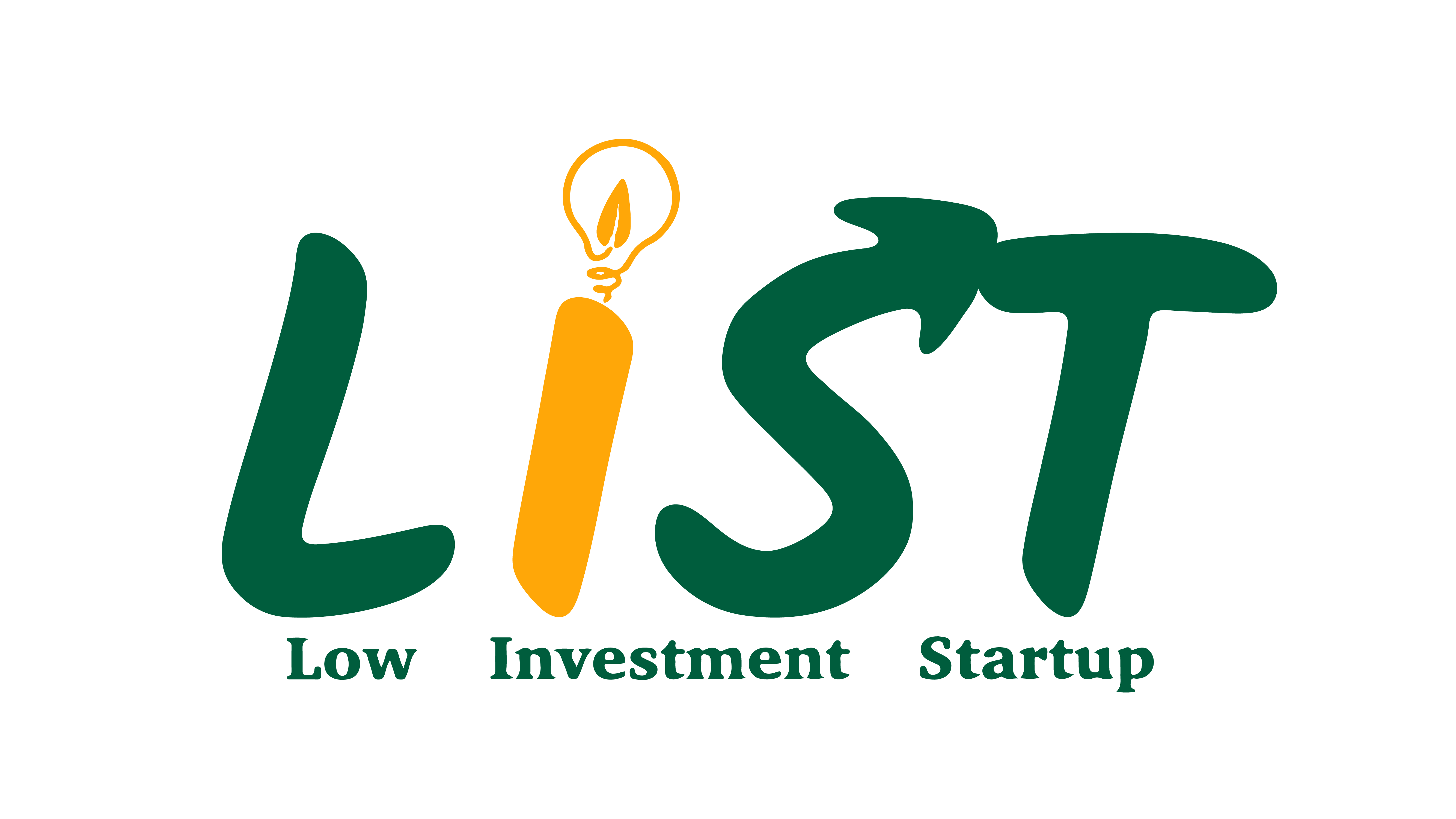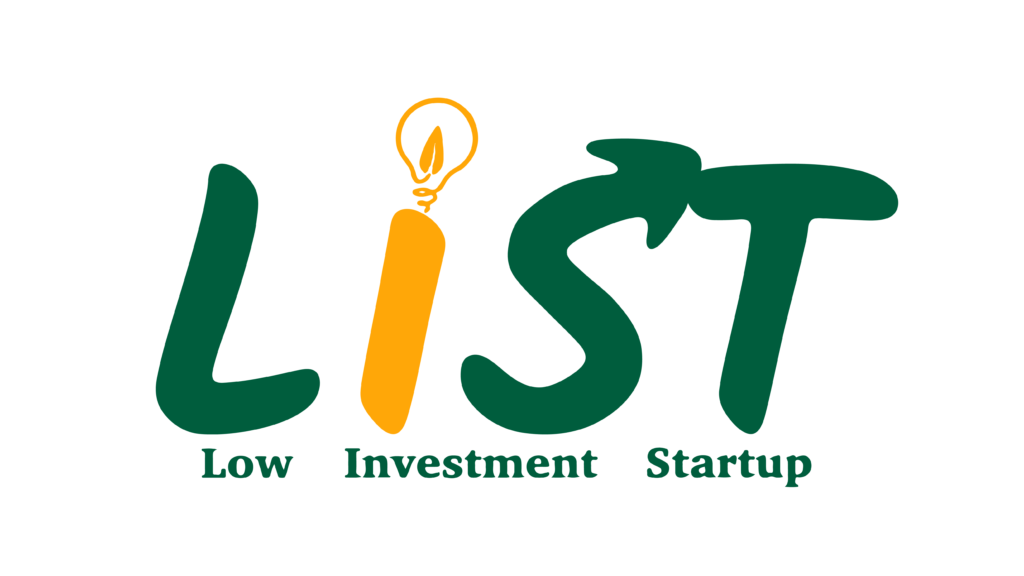The Future of Green and Eco-Friendly Startups
The future of startups is increasingly green and eco-friendly, as entrepreneurs and investors alike recognize the importance of sustainability. These startups are not only addressing environmental challenges but also creating innovative solutions that can lead to profitable businesses. Here are some insights into the future of green and eco-friendly startups.
Key Trends in Green and Eco-Friendly Startups
- Renewable Energy Solutions: Startups are focusing on developing affordable and efficient renewable energy solutions, such as solar, wind, and hydro power. These solutions help reduce dependence on fossil fuels and lower carbon emissions
- Sustainable Products: There is a growing demand for products made from sustainable materials and produced through eco-friendly processes. Startups are innovating in areas like biodegradable packaging, eco-friendly fashion, and green building materials
- Circular Economy: The concept of a circular economy, where resources are reused and recycled, is gaining traction. Startups are developing business models that prioritize waste reduction and resource efficiency
- Green Technologies: Advancements in green technologies, such as energy-efficient appliances, electric vehicles, and smart grids, are driving the growth of eco-friendly startups. These technologies help reduce energy consumption and promote sustainable living
- Impact Investing: Investors are increasingly interested in funding startups that have a positive environmental impact. Impact investing is driving capital towards businesses that prioritize sustainability and social responsibility
- Eco-Friendly Services: Startups are also offering eco-friendly services, such as sustainable tourism, green consulting, and environmental education programs. These services help promote awareness and adoption of sustainable practices
Real Case Study: Allbirds
Challenge: Allbirds, a footwear startup, aimed to create comfortable and stylish shoes while minimizing environmental impact.
Solution: Allbirds used sustainable materials like merino wool and eucalyptus tree fiber to create their products. They also focused on reducing their carbon footprint by using renewable energy and eco-friendly manufacturing processes
Results: Allbirds quickly gained popularity and established itself as a leader in sustainable fashion. Their commitment to sustainability resonated with consumers, leading to significant growth and a loyal customer base.
Key Learnings: Using sustainable materials and eco-friendly processes can create a strong brand identity and attract environmentally conscious consumers.
Actionable Insights for Entrepreneurs
- Be Proactive: Actively seek out sustainable practices and materials to integrate into your business.
- Show Appreciation: Highlight and celebrate your commitment to sustainability with your customers.
- Be Open to Feedback: Use customer feedback to continuously improve your eco-friendly practices and products.
Building a sustainable and ethical business model is a continuous journey that requires dedication, innovation, and a commitment to making a positive impact. By integrating these practices, businesses can not only contribute to a better world but also ensure their long-term success and profitability.
To learn more about Low-Investment, High-Impact Startup Assistance, visit Listartup’s website at https://listartup.com/.





Your point of view caught my eye and was very interesting. Thanks. I have a question for you.
Your article helped me a lot, is there any more related content? Thanks!
Can you be more specific about the content of your article? After reading it, I still have some doubts. Hope you can help me.
Thanks for sharing. I read many of your blog posts, cool, your blog is very good.